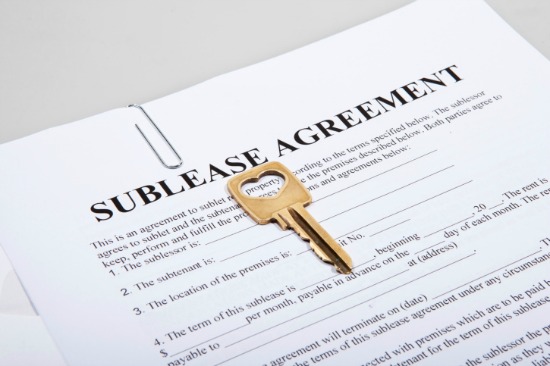It has been mentioned many times in this blog that acquiring a condominium unit in Thailand is the best method available to investors who are interested in getting a piece of real estate for themselves in the Kingdom. They could get a piece of land by incorporating a business but, if they want to own something under their name, they could get themselves a condo unit instead.
Now, the only restriction that they could encounter when they are looking for a condominium unit is the fact that Thai law limits developers to offering only 40% of their projects to foreigners. This could get tricky if they are really interested in a project — for various reasons — and that 40% allocation has already been consumed.
There’s no reason to get discouraged, however, because Thai law provides one with an option in that case. Instead of buying a condominium unit, they could get a long-term lease instead with a local owner of a unit in the project. This act is called sub-leasing.
Now, it has also been mentioned that subleasing provides interested foreign parties a lot of benefits. A sub-lessee could convince the lessor to grant him certain rights that are afforded the unit’s sub-owner. These include, for instance, the ability to earn additional income from the sub-lease by leasing the unit out to other interested parties.
This is only legal when there is a sublease agreement with the owner of the unit itself. With all things that are legal, this one requires some negotiation as well. These are some steps you could take if you’re interested in negotiating a lease agreement with certain local parties who own a condominium unit in Thailand.
Lay Out Your Terms
First off, you should be vocal in your intention to enter into a sublease agreement. In this case, you should make sure that the owner is aware that you want to lease out the property as well to your friends or colleagues that are looking for condominium units as well. This way, the owner is aware and could give his or her consent to including a subleasing clause in the agreement that you will ink later on.
Laying out your terms will help you determine whether or not the owner is interested in granting you sublease rights to the property. If not, you could move on and find another condo unit owner willing to give you those rights that you seek.
Go Over the Final Agreement with a Lawyer
As with all legal documents, it’s very important to look at the fine print. If you’re too eager, you might miss some details that could prove to be very detrimental to you. The agreement might include some tiny details that could make or break your investment in the unit. Even if you’re able to read the fine print, you could not totally discern if the agreement is legal or to your benefit without the help of a lawyer.
Your lawyer should be someone who is well-versed in Thai law and the English language: two skills that will be necessary in interpreting the local law and make sure that you don’t have any brush in with the law that you’re not aware of.
Want more articles like this? Check our Blog site.






